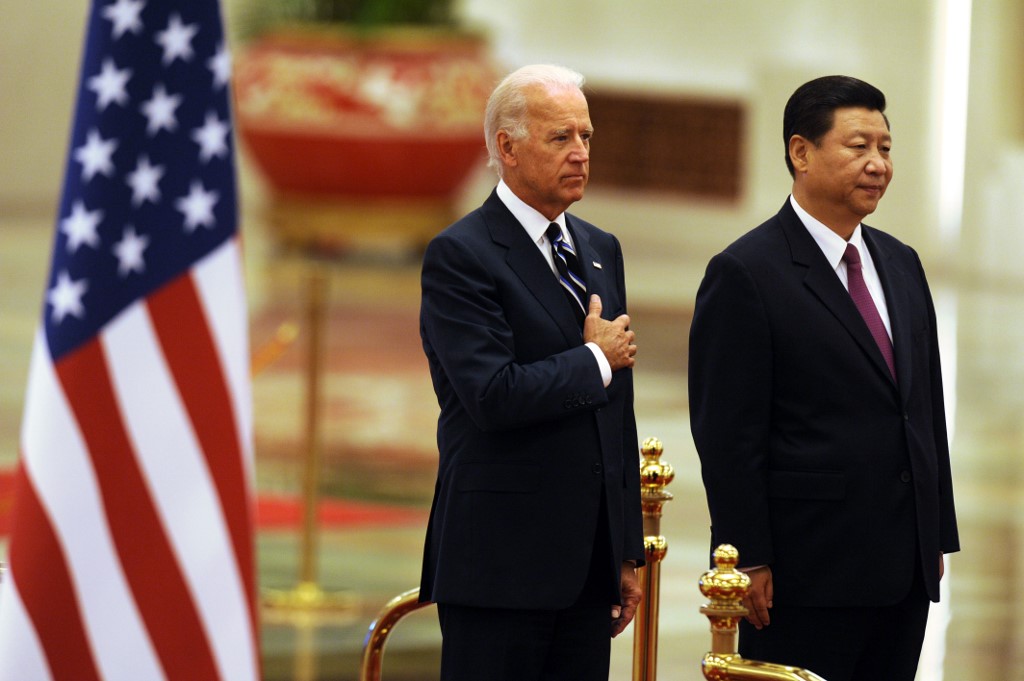(ATF) China’s President Xi Jinping called for an increased G20 global economic role and warned against a new Cold War, while US President Joe Biden recommended “strategic patience” in US-Chinese relations on Monday January 25.
Speaking at a virtual meeting of the World Economic Forum – the annual gathering normally held in Davos – Xi said the global economic outlook remained uncertain and public health emergencies “may very well recur” in future.
Xi, making his first appearance at the forum since 2017, praised multilateralism in a roughly 25-minute speech.
“We should build an open world economy .. discard discriminatory and exclusionary standards, rules and systems, and take down barriers to trade, investment and technological exchanges,” he said.
The G20 – an international forum grouping of 19 of the biggest developed and emerging economies, plus the European Union – should be strengthened as the “main forum for global economic governance” and the world should “engage in closer macro-economic policy coordination”, Xi added.
China itself would more actively participate in global economic governance, he said, while warning against a new Cold War.
China’s GDP grew by 2.3% in 2020, according to official data released last week. That was its lowest annual growth rate in more than four decades but still made China the only major economy to avoid a contraction last year as many nations struggled to contain the pandemic.
International governance should be based on rules and consensus, instead of orders given by one or the few, Xi said.
‘STRATEGIC PATIENCE’
At a briefing in Washington, White House spokeswoman Jen Psaki said on Monday that President Joe Biden wants to approach relations with Beijing with “patience”.
Psaki told a White House news briefing that Xi’s speech would not change the Biden administration’s strategic approach to China.
“What we’ve seen over the last few years is that China is growing more authoritarian at home and more assertive abroad and Beijing is now challenging our security, prosperity and values in significant ways that require a new US approach,” she said.
“We want to approach this with some strategic patience,” she said, adding that the White House would be engaging with Republicans and Democrats in Congress, as well as international allies and partners, on the issue in coming weeks.
Responding to a question on whether Biden would continue to subject Chinese tech giant Huawei to stringent restrictions, Psaki said China’s industrial espionage and theft of intellectual property remained a concern.
“Our view, the president’s view, is that we need to play a better defence, which must include holding China accountable for its unfair and illegal practices and making sure that American technologies aren’t facilitating China’s military buildup,” she said.
SEMI, a global body that represents semiconductor equipment makers worldwide, called on Biden on Monday to review the policy of the Trump administration that curbed sales of US technology to China for national security reasons. It said the policy had unnecessarily hurt American industry.
Meanwhile, a State Department spokesperson said President Biden was committed to making sure that Chinese companies cannot misuse and misappropriate American data and will ensure that US technology does not end up supporting China’s “malign activities”.
“We need a comprehensive strategy and a more systematic approach that actually addresses the full range of these issues, rather than the piecemeal approach of the past few years,” the spokesperson said in comments emailed to Reuters on Monday.
























